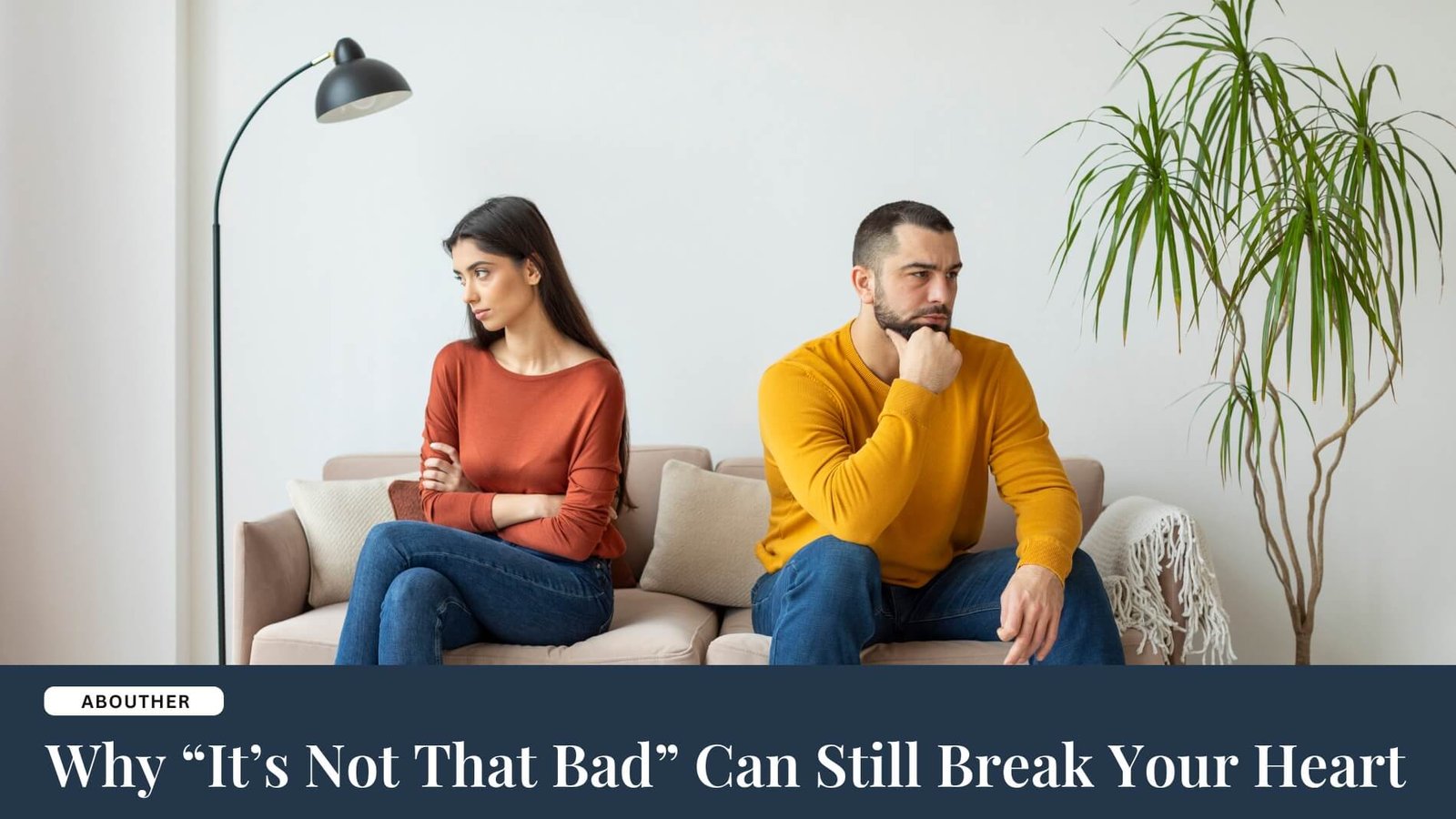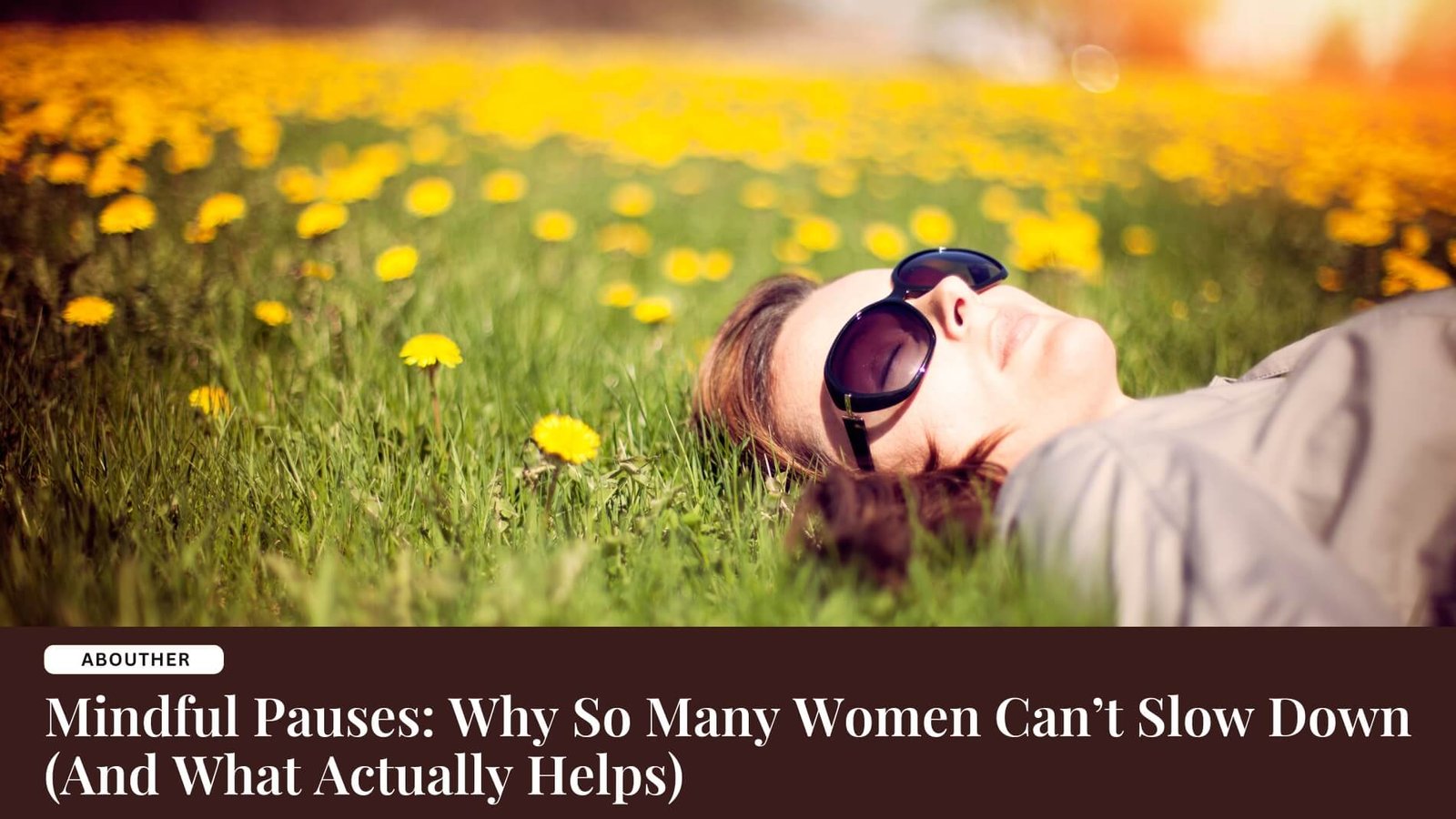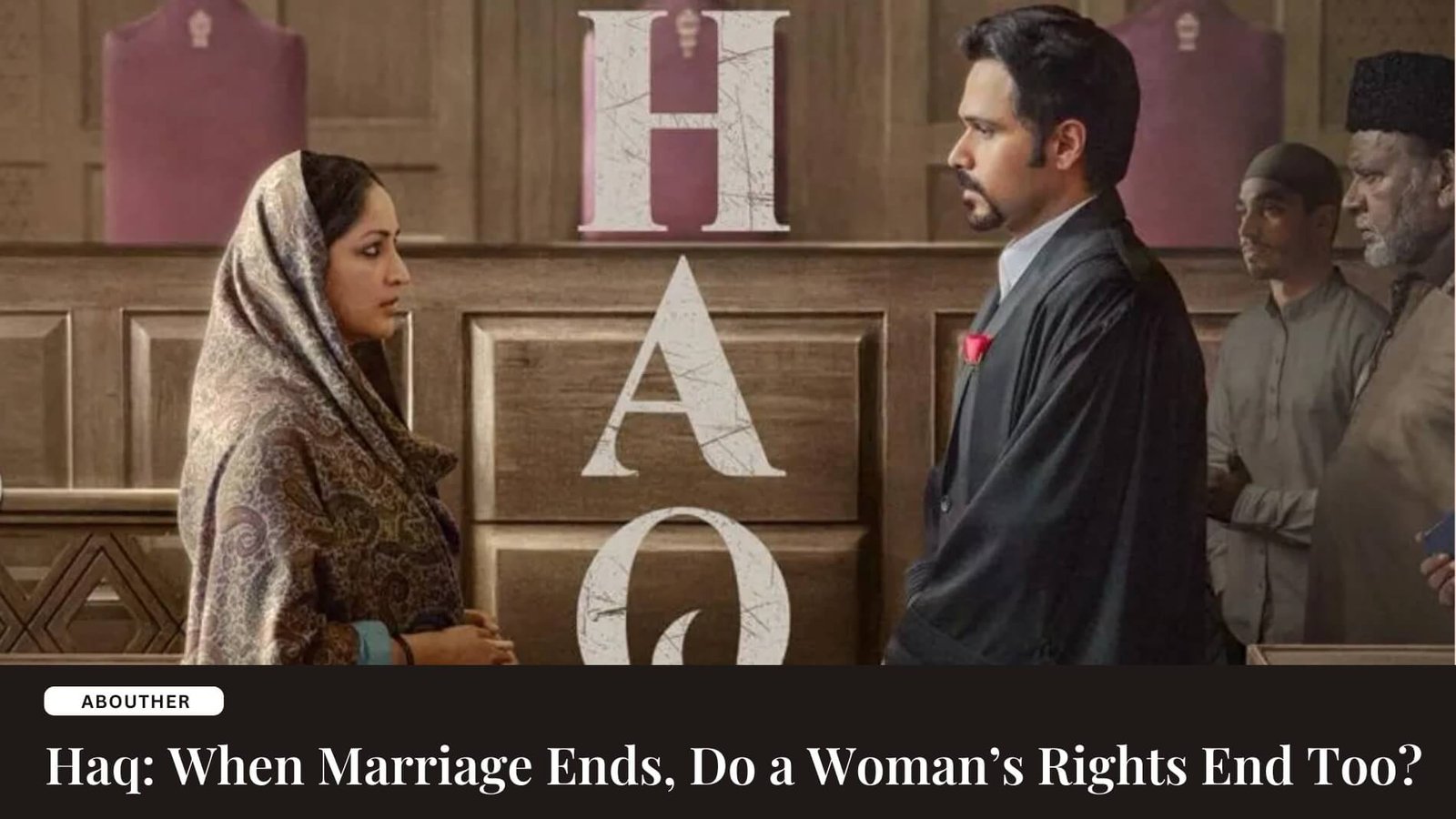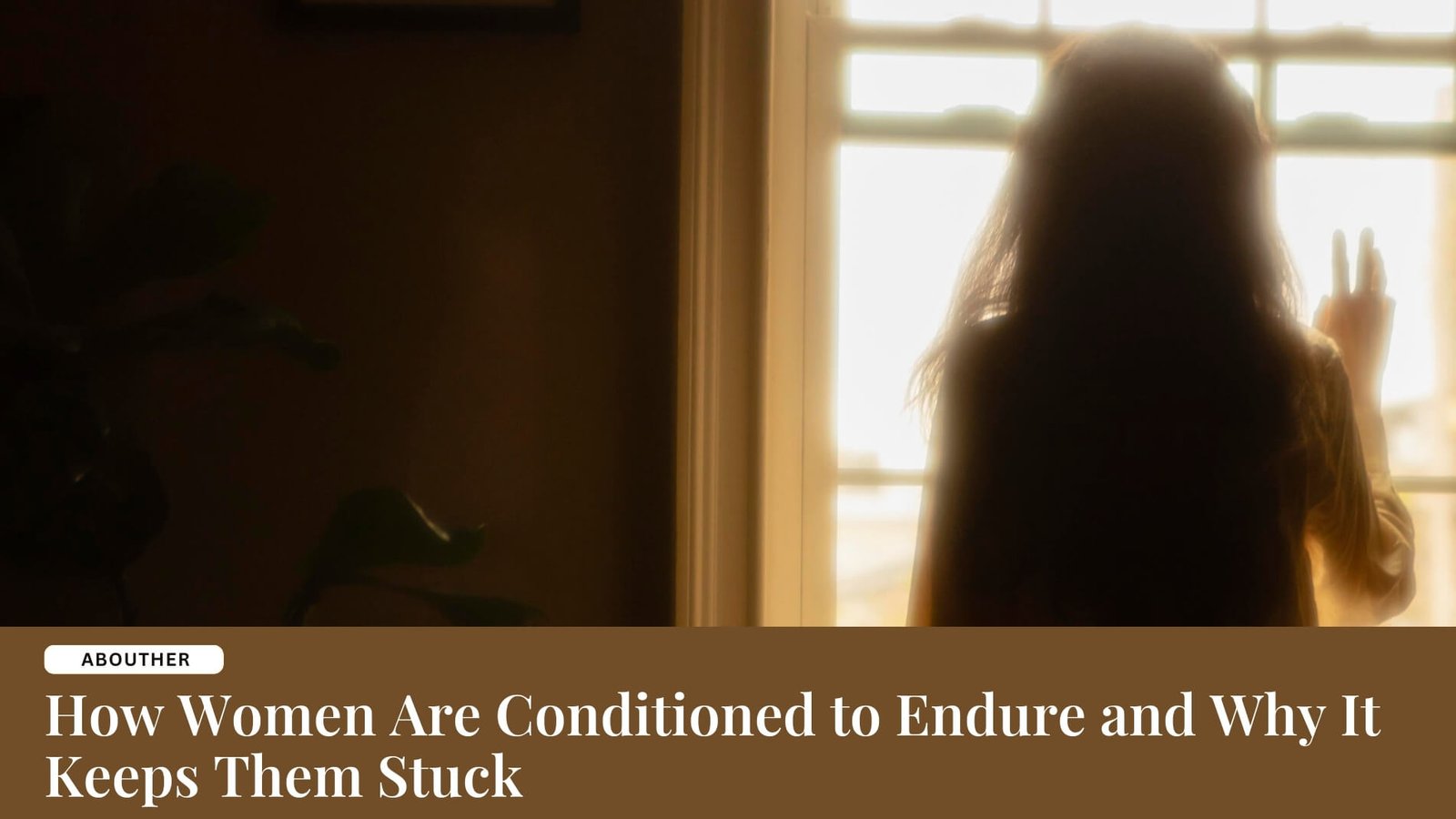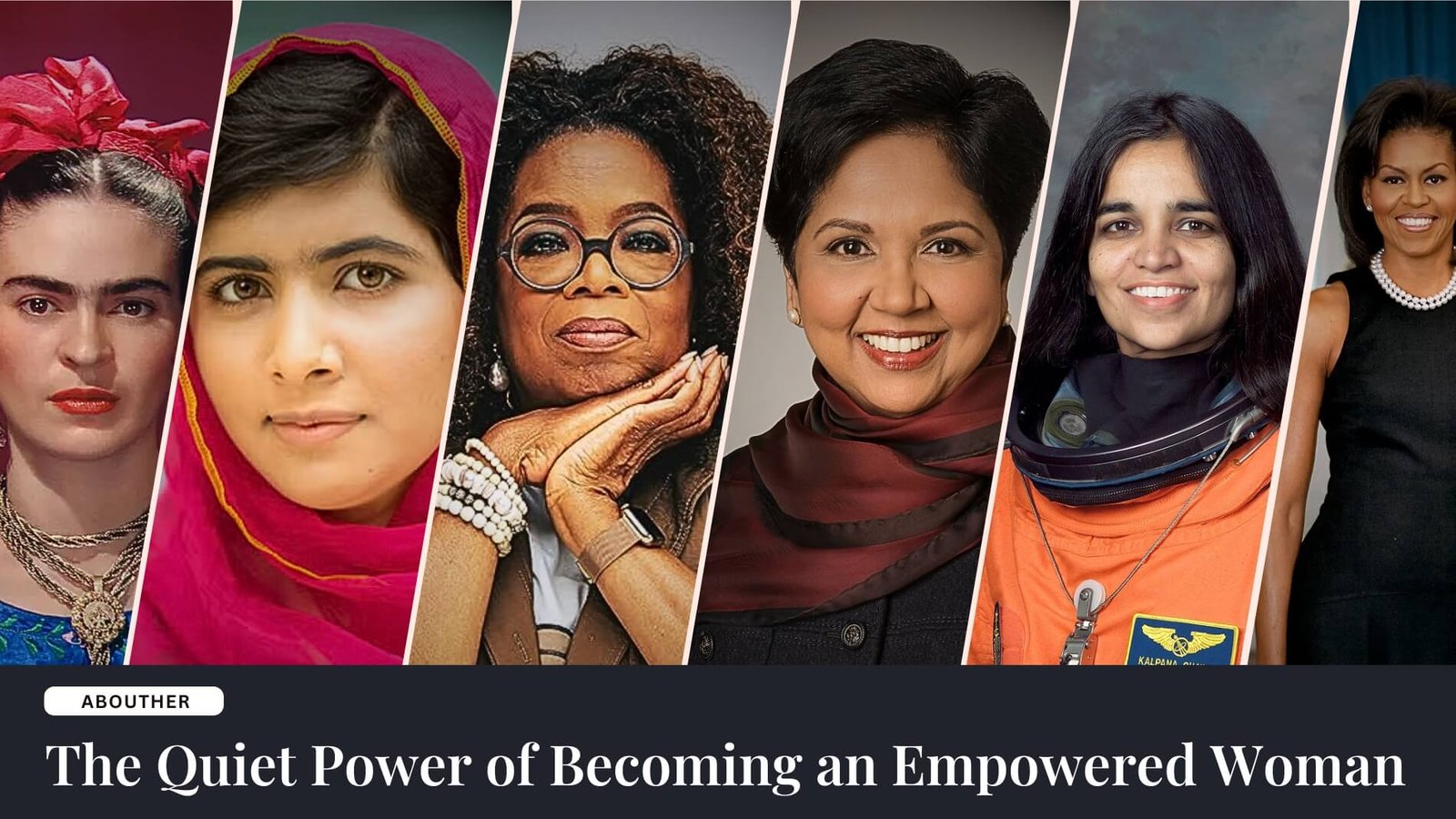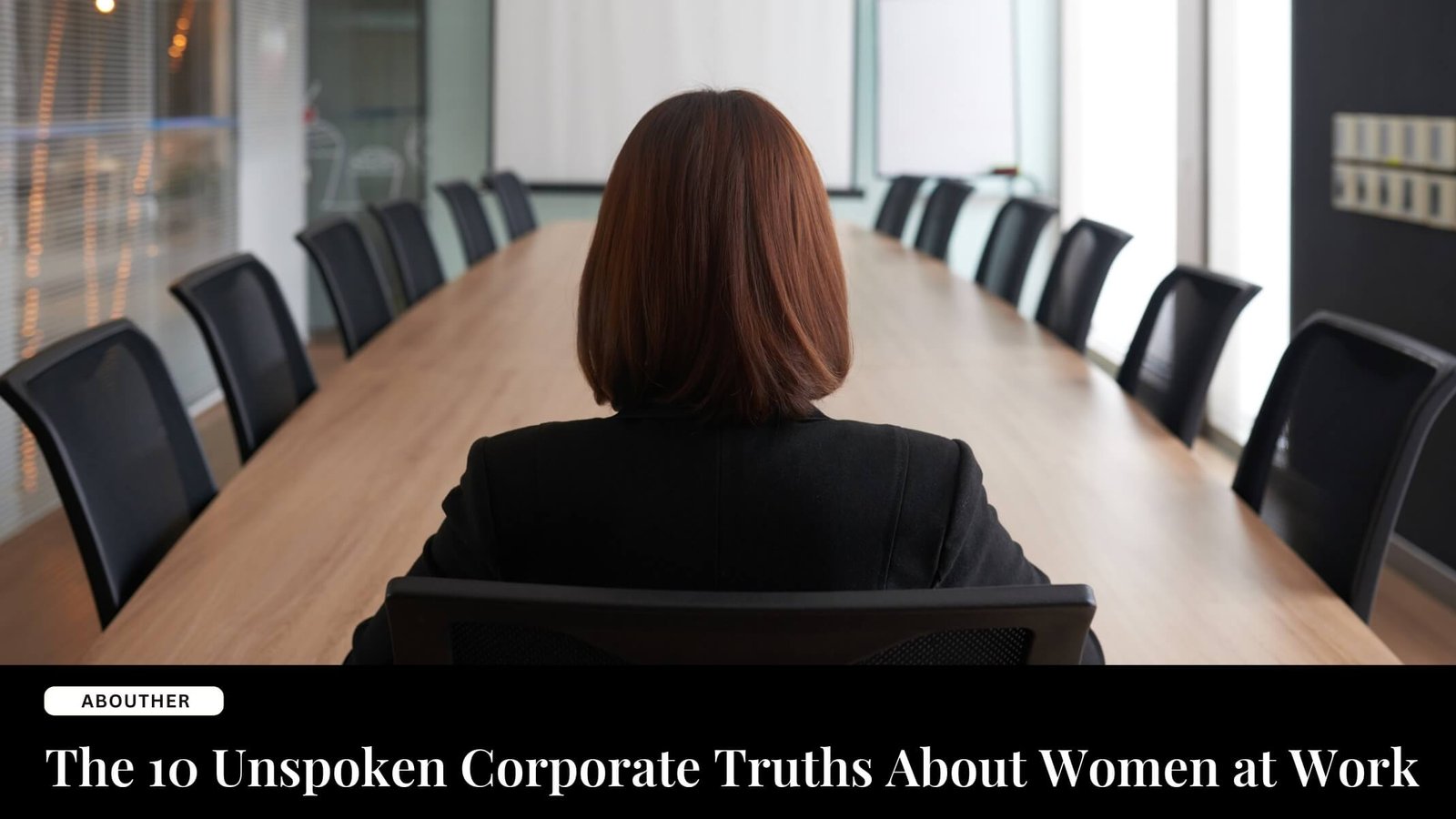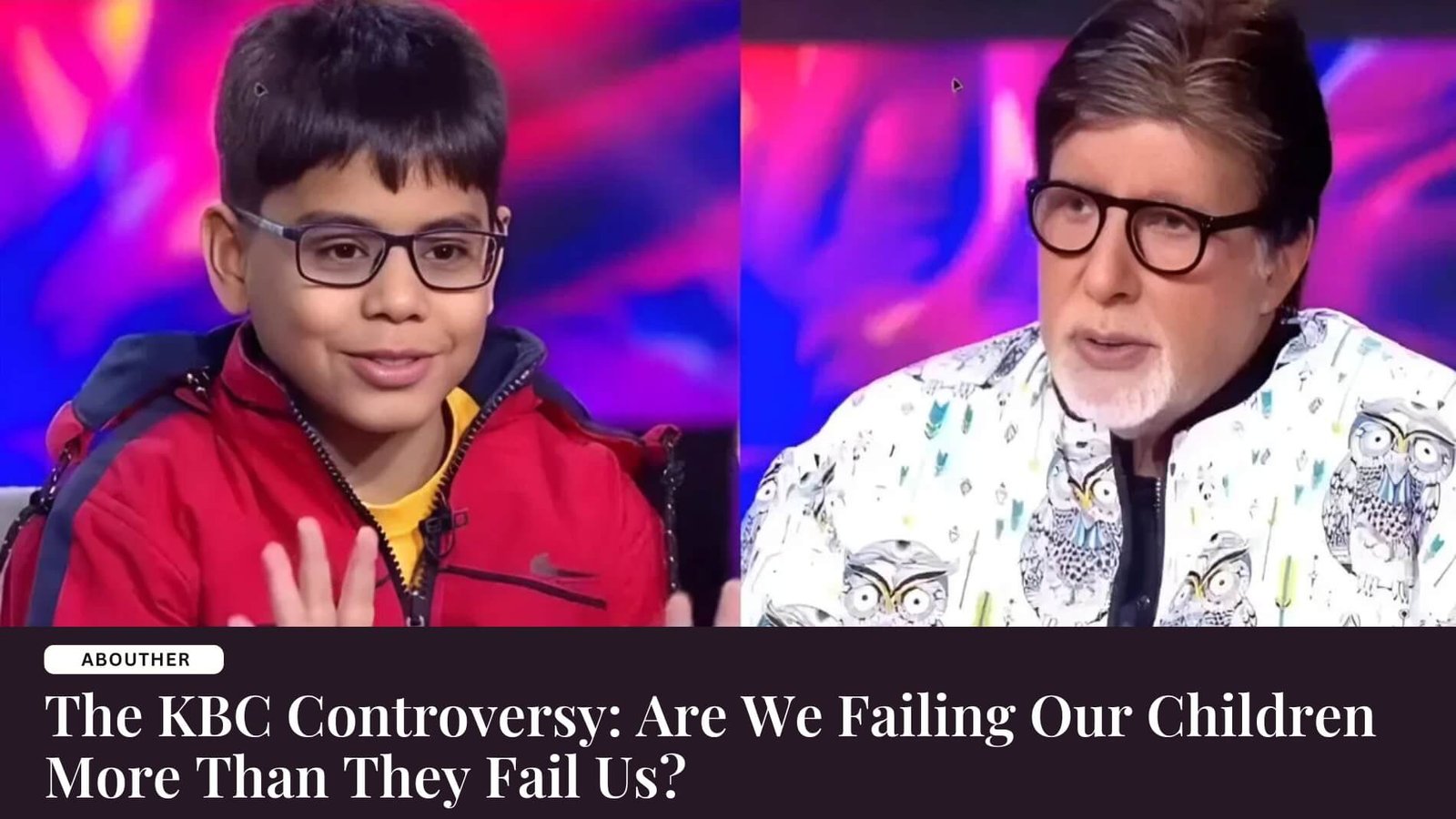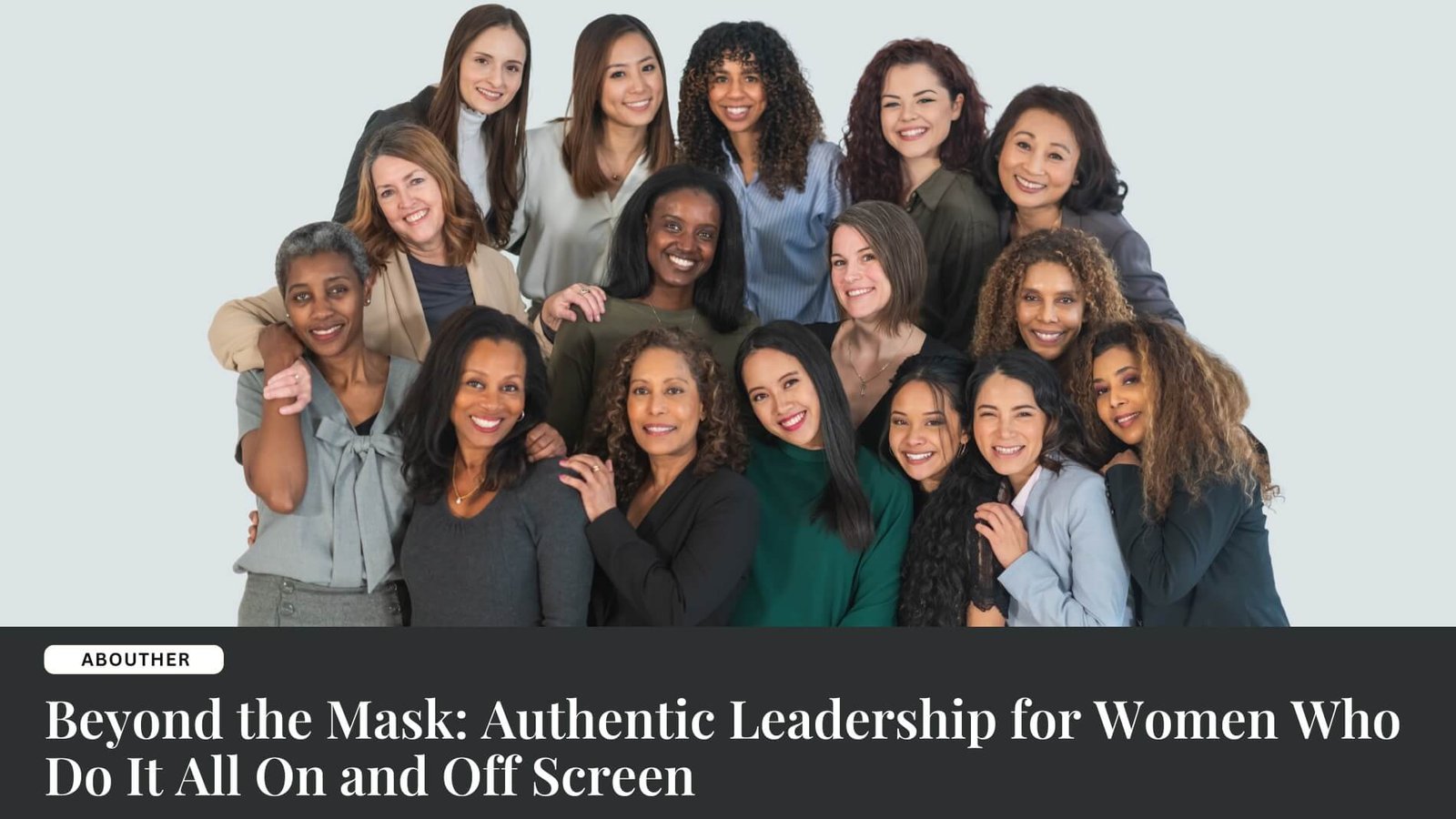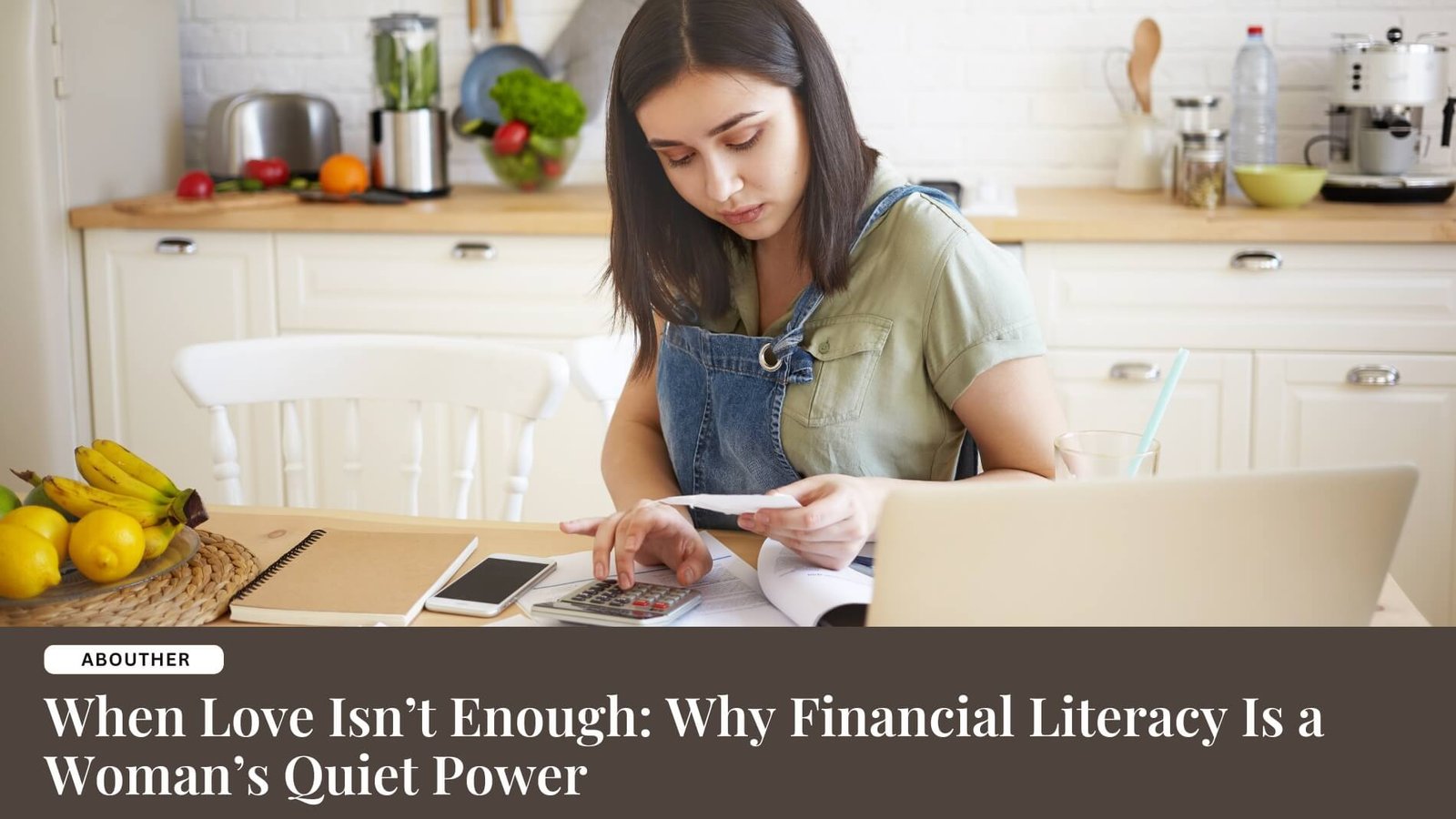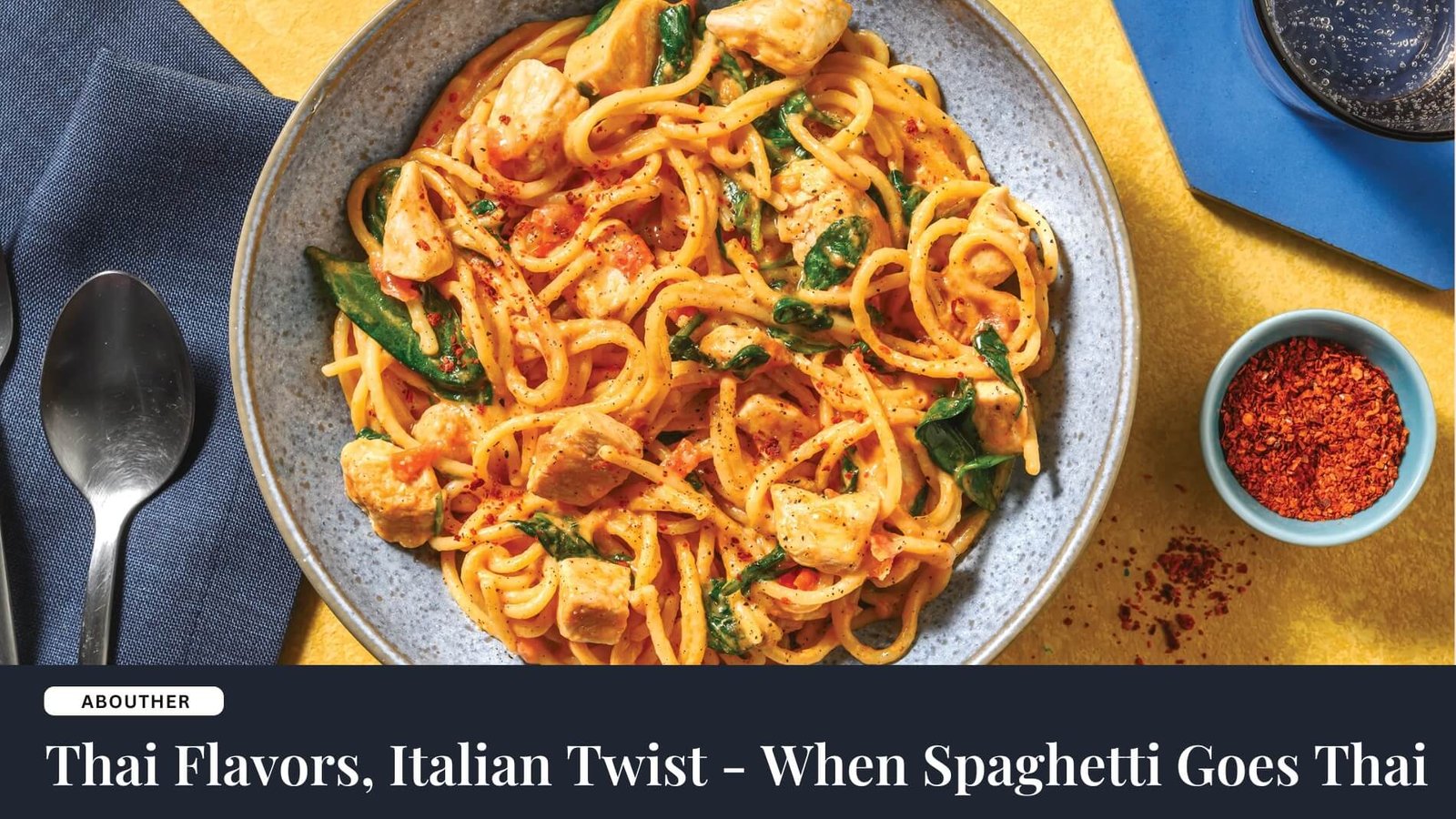Why “It’s Not That Bad” Can Still Break Your Heart
You can share a bed with someone, a home with someone, even years of memories with someone… and still feel completely alone.
It’s not something that happens in a single moment. There’s rarely a dramatic scene, no big fight that signals a point of no return. It happens slowly, almost invisibly. One day, you’re telling him about your day, how your colleague surprised you with coffee, how you finally cracked that stubborn work problem that had been frustrating you for weeks and somewhere between your words, you notice his eyes drift. He’s nodding, maybe even smiling faintly, but you can tell he’s not really listening. He’s there, but not there.
You brush it off the first few times. Everyone gets distracted. Maybe he’s tired. Maybe he’s stressed. But then it happens again. And again. Until one day you realise you’ve stopped sharing the little things altogether. The daily details you once couldn’t wait to tell him about now just float around in your head, unspoken. The deep conversations have been replaced with short exchanges about groceries, bills, and schedules. You still function as a couple, you run errands, attend family gatherings, maybe even post those smiling holiday photos, but the warmth, the spark, the feeling of really being seen? It’s faded into something almost unrecognisable.
And no one else can see it. That’s the cruel part. From the outside, you look fine. You look like you have it all together. But inside, there’s a quiet ache that you carry alone. A longing that can’t be satisfied by shared Netflix shows or sitting across from each other at dinner, scrolling through your phones.
Also Read: Darling, The World Won’t Fall Apart If You Slow Down
The thing about emotionally unfulfilling relationships is that they don’t break you with loud, dramatic damage. They drain you slowly, in small, barely noticeable ways. A missed question about your day here. A distracted nod there. The absence of real eye contact. The hug that feels more like a polite formality than a warm embrace. You convince yourself it’s not a big deal: that this is just how relationships become over time. That you’re expecting too much.
Sometimes, you even compare yourself to others and think, Well, at least he’s not cruel, at least there’s no cheating, at least we don’t fight all the time. You turn “at least” into your coping mechanism, using it to shrink your own needs until they barely exist. And maybe somewhere along the way, you’ve internalised the message from society, from family, from past relationships that wanting more emotional connection, more presence, more love is asking for too much. That being deeply seen and understood is a luxury, not a necessity.
But here’s the truth: living in that quiet kind of emptiness changes you. Slowly, without you even noticing, you start to shrink. You stop bringing your whole self to the relationship because there’s no space for all of you. You lower your expectations in small increments until you forget they were ever higher. You start surviving on scraps of attention and affection, convincing yourself that it’s enough because the alternative, admitting it’s not, feels too painful.
Over time, it seeps into other parts of your life. You stop laughing as loudly as you used to. You hesitate before sharing your dreams because you’re not sure they’ll be met with encouragement. You start holding yourself back in conversations, both inside and outside your relationship, because somewhere deep down, you’ve learned it’s safer to keep things light. You forget what it feels like to be truly known.
And perhaps the most dangerous part? You start to wonder if maybe the problem is you. Maybe you are too sensitive. Maybe your standards are unrealistic. Maybe this is just what love looks like after the early years fade. You start to gaslight yourself into staying small.
If this feels familiar, the first step isn’t necessarily walking away. The first step is turning back toward yourself. Because when you’ve been living in emotional drought for too long, you can forget the sound of your own voice.
Start by naming what’s missing. Sit quietly with yourself and ask: What is the ache about? Is it the lack of depth in conversation? Is it the absence of affection that feels genuine, not mechanical? Is it that you no longer feel safe enough to be vulnerable? Putting words to it matters. When something stays vague, it’s harder to address.
If it feels safe, talk to your partner. Not with accusations, not with a list of what they’re doing wrong, but with the truth of your experience. You might say, “I feel lonely even when we’re together. I miss the way we used to talk for hours. I’d love for us to work on getting that back.” Then, and this part is important, notice how they respond. Do they lean in with curiosity and care? Do they ask questions and show a willingness to meet you halfway? Or do they shut down, get defensive, or dismiss your feelings? That reaction will tell you more than their promises ever could.
While you figure this out, start nourishing yourself outside of the relationship. Reclaim the parts of you that have been on pause. Call the friend who truly listens without distraction. Take yourself on a date to a coffee shop, an art exhibit, or a walk in the park. Join the dance class, the pottery workshop, the book club. These aren’t just distractions; they are ways of coming home to yourself. When you start to feel whole in your own company, you stop settling for relationships that leave you feeling empty.
This self-connection also makes it easier to get clear on your non-negotiables. If nothing changes, can you live like this for another year? Five years? Ten? Can you carry the weight of this distance without losing more of yourself? Sometimes the answer is yes, and you stay, you work on it together, you rebuild. Other times, the answer is no, and the most loving choice is to leave, even if it breaks your heart in the process.
Neither path is easy. Staying and rebuilding requires patience, vulnerability, and both partners showing up. Leaving requires courage, grief, and the willingness to face uncertainty. But both are better than slowly disappearing inside a relationship that only half-holds you.
The truth is, all relationships go through seasons. There will be times when life’s busyness crowds out connection, when love feels quieter than usual. But those seasons should be temporary, not the entire story. The love you deserve is not one that asks you to dim your light just to keep the peace. It’s not one that teaches you to make yourself smaller so your needs fit inside someone else’s comfort zone. The love you deserve wants all of you, your messy, emotional, complicated, beautiful self and says, “I’m here” without flinching.
And if you can’t find that with them, you can begin by finding it within yourself. Because here’s the thing: the deeper you love yourself, the less you’ll tolerate being half-loved by someone else. You’ll stop making excuses for neglect disguised as normal. You’ll stop calling crumbs a meal. You’ll start trusting that you deserve more and that you’re strong enough to choose it, even if it means letting go of what’s familiar.
If you’re reading this and you feel that lump in your throat, know this: you are not too much. Your desire for a deeper connection is not unreasonable. Your longing to be heard, understood, and cherished is not a flaw. You are not asking for something extravagant. You are asking for the basics of love. And you are not alone in this ache; countless women carry it silently.
But you don’t have to carry it forever. There’s a life where you are met with presence instead of distraction, where your stories are listened to with curiosity, where your heart feels safe and held. And whether you build that life with your current partner or by yourself, it begins with one decision to stop settling for a love that only half-sees you, and start choosing the one that fully does.
Because at the end of the day, you were never meant to be watered in teaspoons when you have the capacity to bloom into something breathtaking. And no matter how long you’ve been without it, you can still choose a love for yourself first, and then for someone else that finally, truly, feels like home.
Share This On Social
![Sangeeta-Relan-AH-525×410[1]](https://aboutherbysangeeta.com/wp-content/uploads/2024/06/Sangeeta-Relan-AH-525x4101-1.jpeg)
I’m Sangeeta Relan—an educator, writer, podcaster, researcher, and the founder of AboutHer. With over 30 years of experience teaching at the university level, I’ve also journeyed through life as a corporate wife, a mother, and now, a storyteller.

